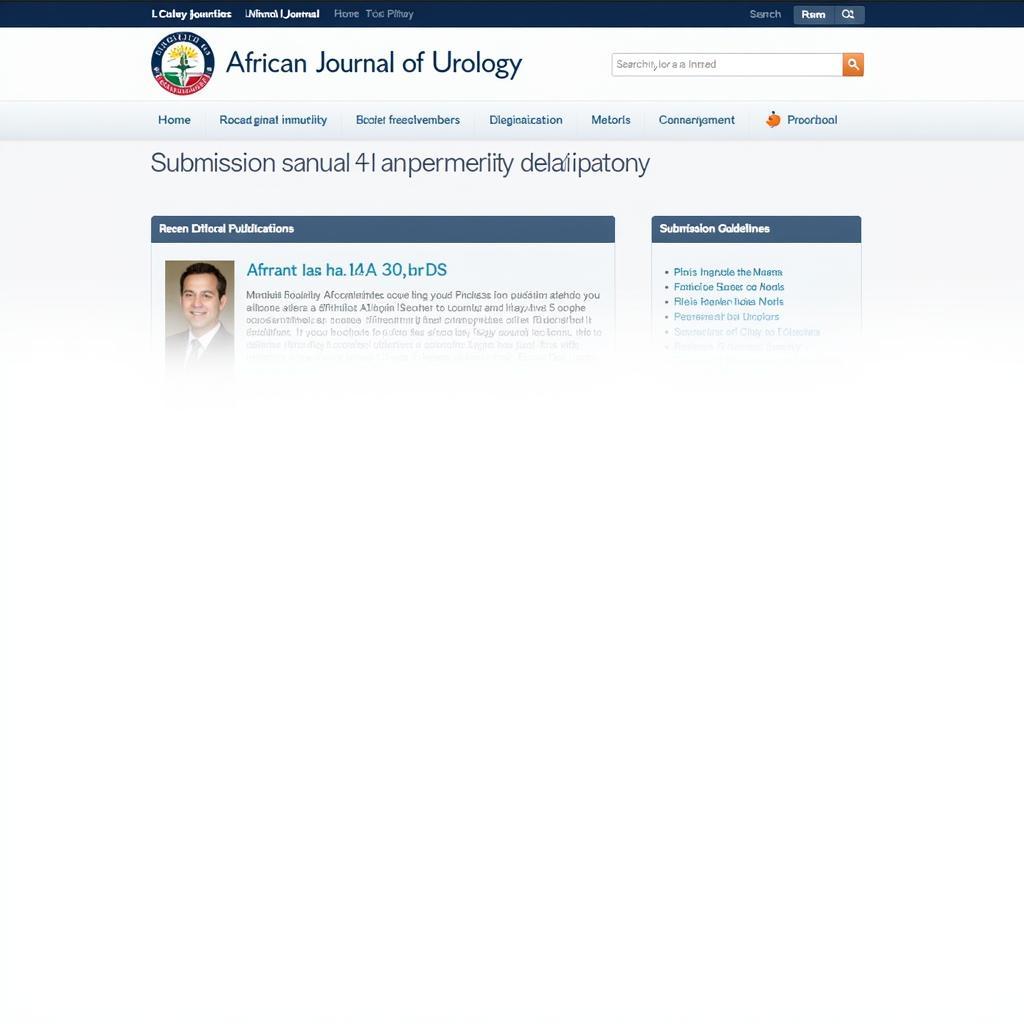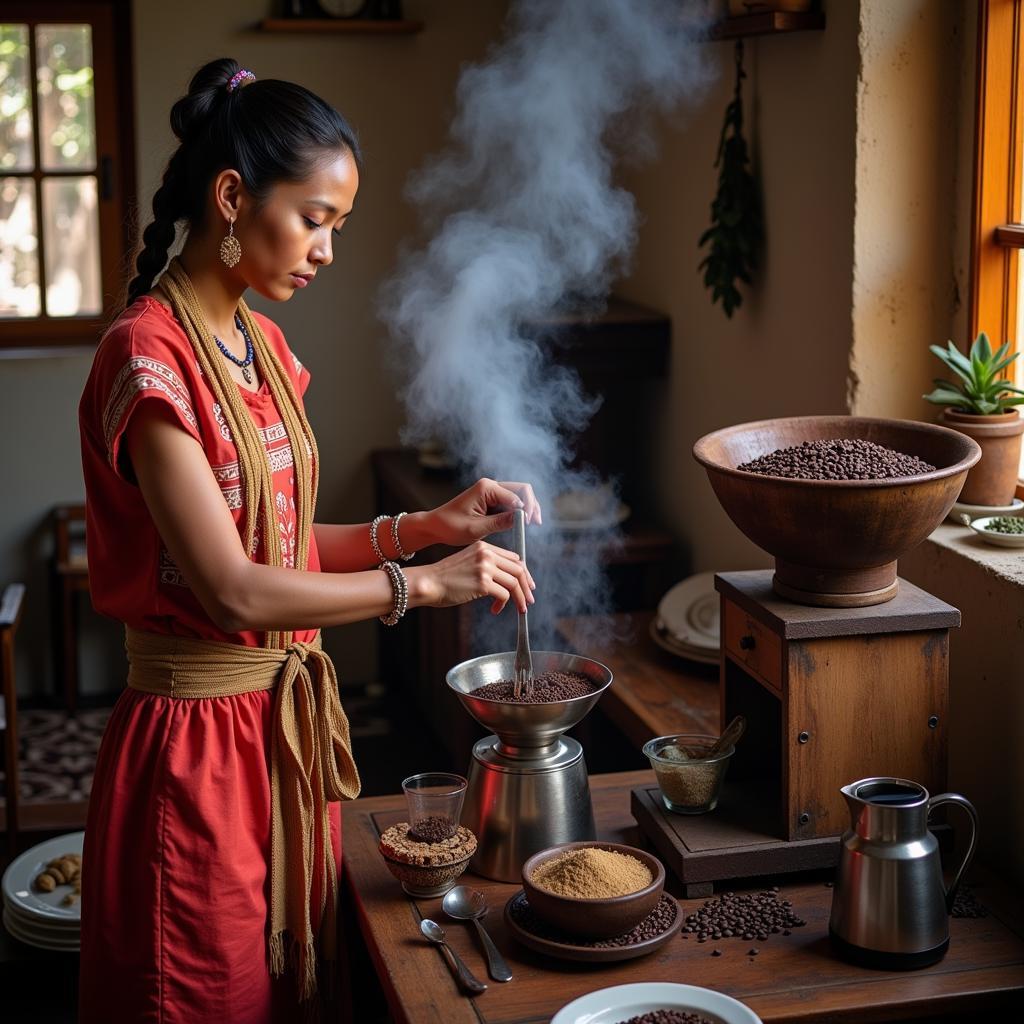Delving into the World of African Drama Books
African Drama Books offer a powerful lens through which to explore the continent’s rich history, diverse cultures, and complex social realities. From the vibrant streets of Lagos to the sprawling savannas of Kenya, these literary works transport readers to worlds both familiar and unknown, challenging perspectives and igniting imaginations. Whether you’re a seasoned bibliophile or a curious newcomer, exploring African drama books promises a captivating journey into the heart of Africa’s storytelling tradition.
Unmasking the Power of African Drama
African drama, much like the continent itself, defies easy categorization. It encompasses a vast tapestry of styles, genres, and themes, reflecting the multifaceted nature of African experiences. From poignant portrayals of colonialism’s legacy to celebratory expressions of post-independence aspirations, these plays grapple with universal human emotions against the backdrop of Africa’s unique socio-political landscape.
One of the defining characteristics of African drama is its deep connection to oral traditions. Storytelling has always been an integral part of African culture, serving as a means of transmitting knowledge, preserving history, and entertaining audiences. This oral legacy is evident in the rhythmic dialogue, evocative imagery, and engaging narratives that characterize many African plays.
Exploring Key Themes in African Drama Books
African drama books delve into a diverse range of themes that reflect the continent’s historical trajectory, cultural nuances, and contemporary realities. Some of the most prominent themes include:
1. The Legacy of Colonialism
Colonialism’s profound impact on African societies is a recurring theme in many plays. Authors explore the lasting effects of colonial rule on identity, culture, and power dynamics. They delve into the complexities of language, the struggle for self-determination, and the enduring legacies of exploitation and resistance.
2. The Search for Identity
In the wake of colonialism, many African playwrights grappled with the question of identity. What does it mean to be African in a postcolonial world? How do individuals navigate the tensions between traditional values and modern aspirations? These questions fuel compelling narratives that explore themes of cultural hybridity, the search for belonging, and the complexities of forging a post-independence identity.
 Characters Searching for Identity
Characters Searching for Identity
3. The Power of Community
Community plays a central role in many African cultures, and this emphasis on collective identity is reflected in numerous plays. Authors explore the bonds of family, kinship, and shared history, highlighting the importance of communal values in the face of adversity.
4. Political and Social Justice
Many African playwrights use their craft to engage with contemporary social and political issues. They address topics such as corruption, inequality, gender dynamics, and the struggle for human rights. These plays often serve as a platform for critical commentary, sparking dialogue and inspiring social change.
Pioneering Voices in African Drama Literature
The world of African drama is brimming with talented writers who have made significant contributions to the literary landscape. Here are a few notable figures whose works have captivated audiences and left an indelible mark on the genre:
-
Wole Soyinka (Nigeria): A Nobel laureate, Soyinka’s plays are renowned for their poetic language, complex characters, and exploration of political and cultural themes. His works often draw upon Yoruba mythology and traditions, offering a unique blend of the ancient and the modern.
-
Ngũgĩ wa Thiong’o (Kenya): A prolific writer and activist, Ngũgĩ’s plays often center around themes of colonialism, neocolonialism, and the struggle for liberation. He is known for his commitment to writing in his native Gikuyu language, challenging the dominance of European languages in African literature.
-
Athol Fugard (South Africa): A prominent figure in South African theater, Fugard’s plays often explored the complexities of life under apartheid. His works gave voice to the marginalized and shed light on the injustices of racial segregation.
-
Ama Ata Aidoo (Ghana): A celebrated playwright and poet, Aidoo’s works often center around women’s experiences in Ghanaian society. She explores themes of gender roles, tradition versus modernity, and the challenges faced by women in a patriarchal society.
Why Read African Drama Books?
Engaging with African drama books offers a multitude of rewards for readers seeking to expand their literary horizons and deepen their understanding of the world. Here are a few compelling reasons to delve into this rich genre:
-
Gaining Cross-Cultural Understanding: African drama provides a window into different cultures, perspectives, and ways of life. By immersing ourselves in these narratives, we cultivate empathy and challenge our own preconceived notions.
-
Exploring Universal Human Experiences: While rooted in specific cultural contexts, African drama books also delve into universal human experiences such as love, loss, betrayal, ambition, and the search for meaning. These themes resonate with readers from all walks of life, fostering a sense of shared humanity.
-
Appreciating the Power of Storytelling: African drama books highlight the enduring power of storytelling as a means of preserving history, transmitting values, and fostering social commentary. They remind us of the transformative potential of narratives to shape our understanding of ourselves and the world around us.
Conclusion
The world of African drama books offers a captivating blend of artistic brilliance, cultural richness, and thought-provoking themes. Whether you’re drawn to historical epics, social commentaries, or intimate character studies, there’s a wealth of literary treasures waiting to be discovered. By engaging with these powerful works, we embark on a journey of discovery, expanding our perspectives and gaining a deeper appreciation for the diverse tapestry of human experiences reflected in African literature.
Frequently Asked Questions
1. What are some good introductory African drama books for beginners?
There are many excellent options for readers new to African drama. Consider starting with “The Lion and the Jewel” by Wole Soyinka, “The Trial of Dedan Kimathi” by Ngũgĩ wa Thiong’o and Micere Githae Mugo, or “Sizwe Bansi is Dead” by Athol Fugard. These plays offer engaging introductions to key themes and styles within the genre.
2. Are there resources available for finding more African drama books?
Yes, there are several online and offline resources dedicated to promoting African literature. Websites like Brittle Paper, African Books Collective, and the African Studies Association offer curated lists, reviews, and author interviews. Local bookstores and libraries often have dedicated sections for African literature as well.
3. How can I incorporate African drama books into my classroom or book club?
African drama books provide rich material for classroom discussions and book club meetings. Consider exploring themes of colonialism, identity, and social justice. You can also delve into the plays’ use of language, symbolism, and dramatic structure.
4. Are there film adaptations of any African drama books?
Yes, several African drama books have been adapted into films, providing another avenue for experiencing these stories. “Things Fall Apart” by Chinua Achebe, while not technically a play, has a notable film adaptation. Additionally, some of Wole Soyinka’s plays have been adapted for the screen.
5. How can I support African playwrights and authors?
One of the best ways to support African playwrights and authors is to purchase their books from reputable sellers. You can also attend readings and events featuring African writers, write reviews of their works, and recommend their books to others.


